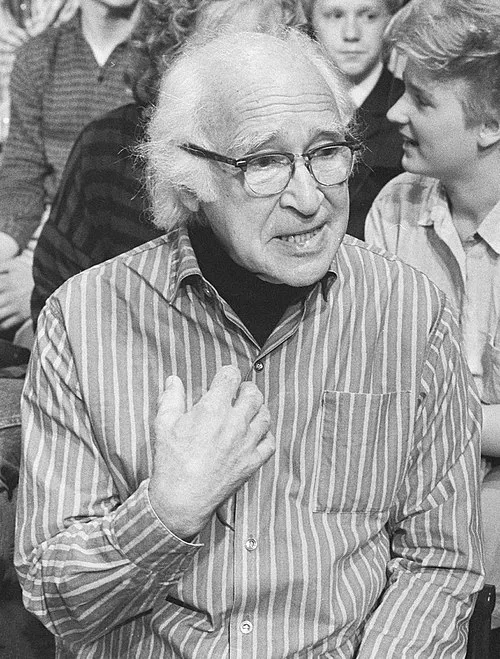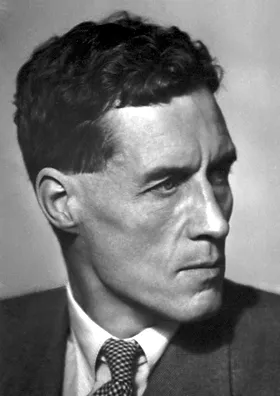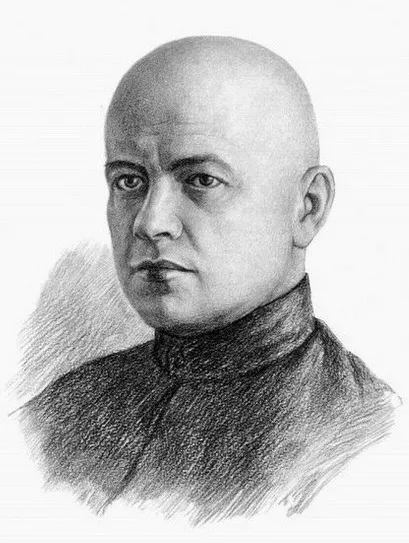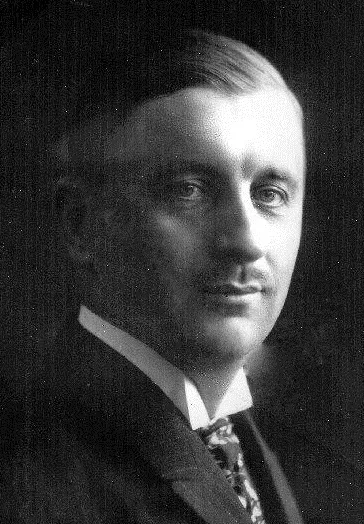
Full Name: George Wald
Birth Year: 1906
Nationality: American
Field of Study: Neurobiology
Profession: Academic
Nobel Prize: Laureate
Death Year: 1997
George Wald: A Visionary in Neuroscience
Born in 1906, George Wald stepped into a world that was ripe for discovery. His early years unfolded against a backdrop of scientific upheaval, where the mysteries of life were starting to unravel with rapid advancements. Little did anyone know that this curious child would grow up to revolutionize our understanding of vision and biochemistry.
Wald's academic journey began at Harvard University, where his insatiable thirst for knowledge propelled him through the ranks. In those hallowed halls, he wasn't just another student; he became an inquisitive mind shaped by the golden age of science. However, it was not merely the textbooks that captivated him; it was the intricacies of biology and chemistry that ignited his passion a fusion that would later define his career.
After earning his bachelor’s degree in 1927 and subsequently completing a Ph.D. in 1932, Wald found himself deeply entrenched in research during a period when few could grasp its significance. Despite this uncertainty surrounding scientific endeavors at the time, he took risks his curiosity always steering him toward uncharted territories.
The pivotal moment came when he delved into the study of visual pigments specifically rhodopsin in light-sensitive cells known as rods within the eye. Ironically, while most scientists were focused on molecular structures or chemical reactions elsewhere in biology, Wald honed in on how light interacted with these molecules to create sight itself! His research wasn’t just groundbreaking; it shone a spotlight on an entirely new field neurobiology which was still finding its footing.
Early Life and Education
Wald grew up in an era marked by rapid advancements in science, which likely influenced his decision to pursue a career in the field. He earned his undergraduate degree from Harvard University in 1927, and continued his education at the same institution, obtaining his PhD in 1932. His doctoral research focused on the visual pigments of the retina, a theme that would underpin much of his future work.
Major Contributions to Neurobiology
Wald's most notable achievements revolve around his research into the chemistry of vision. He is best known for his work on the visual pigment rhodopsin, which is crucial for night vision. Through meticulous experimentation, Wald discovered that when light hits rhodopsin, it undergoes a chemical change that triggers a series of electrical signals to the brain, allowing us to perceive light. This discovery was a major advancement in understanding how organisms respond to their environment.
In addition to his work on rhodopsin, Wald was a pioneer in examining the biochemical processes that facilitate vision, thereby linking neurobiology with biochemistry. His insistence on using a multidisciplinary approach not only broadened the knowledge base of neurobiology but also harmoniously integrated it with other scientific fields.
A Lasting Legacy
Wald’s achievements did not go unnoticed; in addition to his Nobel Prize, he received numerous accolades and plays an influential role in educating future scientists. A passionate advocate for science and education, he dedicated much of his life to teaching and mentorship at Harvard University, where he influenced countless students to pursue careers in the sciences.
Beyond his academic contributions, Wald was also known for his engagement in social and political issues, particularly those concerning the environment and nuclear disarmament. His advocacy for the responsible use of science underscored his belief in the ethical responsibilities that scientists bear.
The Nobel Prize: A Testament to Ingenuity
As time passed and World War II unfolded across continents like dark clouds gathering ominously overhead, Wald's work gained unprecedented attention. During this tumultuous era the very fabric of society felt strained Wald’s discoveries provided glimmers of hope and understanding amidst chaos.
In 1967, after decades spent unraveling complex biological phenomena tied to vision, he received one of science’s highest honors: the Nobel Prize for Physiology or Medicine! This accolade celebrated not only his contributions but also solidified his status among pioneers who dared to challenge conventional wisdom. Who knows what further revelations may have been sparked had more resources been available for visionary scientists like him?
A Legacy Beyond Science
Proudly donning multiple hats throughout his life as educator and researcher alike even serving as an outspoken advocate for various political causes Wald left an indelible mark beyond mere academic achievements alone! He spoke candidly about societal issues facing humanity from civil rights movements through anti-war protests recognizing interconnectedness between human progress intertwined with ethical responsibilities we share toward one another...
The Resonance Of His Work Today
The impact made by George Wald continues reverberating throughout neuroscience fields even today; researchers exploring visual disorders or neurodegenerative diseases often find inspiration drawn from methodologies pioneered by pioneers such as himself! Perhaps there lies great value embedded within artful blends between disparate domains that harmony found amid chaos ultimately drives innovation forward!
A Reflection On His Passing
When George Wald passed away in 1997 at age ninety-one a remarkable life dedicated wholly towards unveiling profound truths behind seemingly mundane phenomena it seemed fitting closure mirrored carefully woven tapestry connecting past discoveries unto future explorations... On anniversaries marking significant milestones since then including gatherings celebrating contributions made towards global health initiatives we often ponder over legacies left behind!
"In contemplating our existence," he once said during interviews regarding purpose & passion involved therein..."we owe it ourselves and each other to strive continually toward greater understandings!" Today is no exception; scholars today continuously revisit foundations laid down generations prior knowing they stand atop shoulders giants paved pathways yet unexplored ahead!
A Modern Connection
Ironically enough though George believed passionately about impacts arising from synthetic chemicals used increasingly within society decades ago the echoes heard strongly today remind us all too well how important grounding principles remain vital especially now when navigating challenges posed technological advancements & environmental concerns alike!
This ongoing quest continues being pursued fiercely amongst young scholars driven primarily out curiosity inspired learning set forth nearly century earlier by luminaries like himself a reminder illustrating cyclical nature knowledge shared carries far-reaching implications extending well beyond individual lives lived...
In summation:- An enduring spirit alive within every effort undertaken towards illuminating truths concealed among complexities often overlooked hints toward possibility rather than despair - something perhaps resonates strongly even amongst latest generations seeking uncover new realms previously unknown...- So here we are today honoring not just achievements attributed solely upon accolades achieved but rather deeper meanings underlying shared experiences drawn collectively shaping narratives yet told across time itself!






